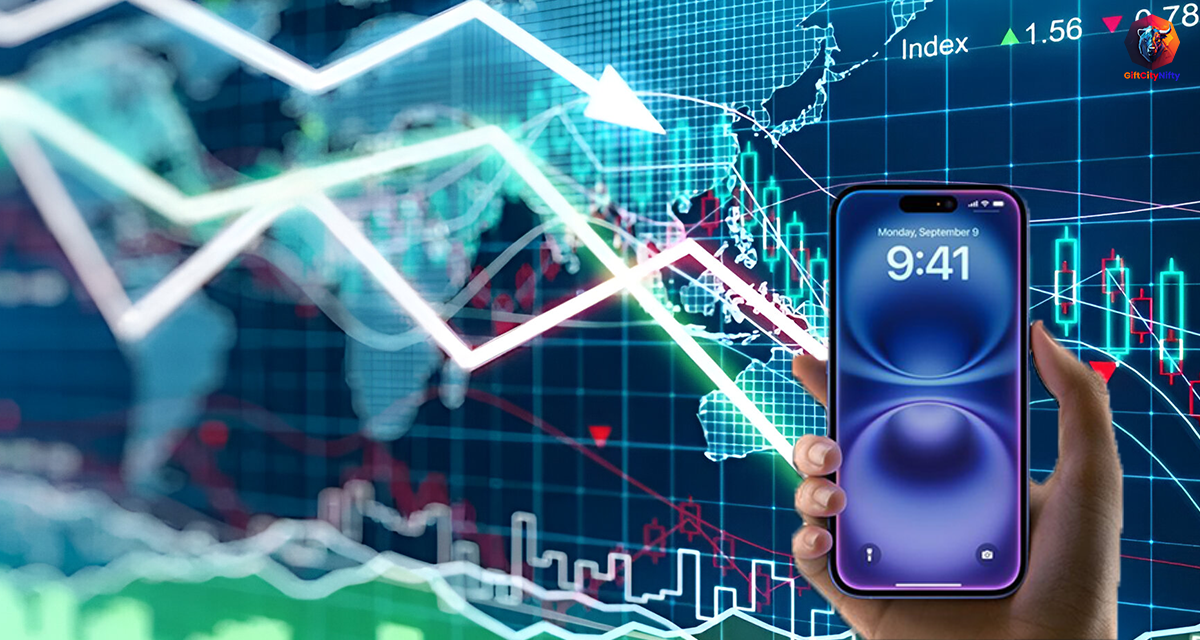Apple Inc. AAPL -1.18% shares fell early Tuesday as the highly anticipated unveiling of the iPhone 16 underwhelmed lofty expectations, especially regarding the revolutionary new AI features sewn into its flagship product. The phone’s launch at Apple’s Cupertino headquarters did little to lift investor sentiment about the tech giant. The technology giant had hoped enthusiasm would be fired up with the introduction of its in-house artificial intelligence, called “Apple Intelligence,” but a lack of clarity regarding the timeline and scope of AI rollouts associated with it did little to excite investors.
The iPhone 16, the first device built from scratch with “Apple Intelligence,” was called by CEO Tim Cook the “beginning of an exciting new era.” In a keynote presentation scant on detail about how AI features would revolutionize user experience, analysts and investors left with many reasons to question whether the launch would light the match of an upgrade cycle so desperately in need.
While some of its technology peers have leapt ahead in the A.I. field, Apple is looking to make up for lost time by tapping into the enormous installed base of more than 1.4 billion iPhones. Apple said it’s positioning itself as a leader in consumer-facing artificial intelligence technology having embedded AI-powered features into its new product lineup. The effort comes, however, at a period when iPhone sales have declined, a fact reflected in the iPhone maker’s June quarter results where revenues discouraged a 1% dip in revenues, whereas it witnessed a 6.5% drop in sales in China.

The Greatest iPhone 16 Launch
While there were no major price changes applied in the iPhone 16 models, which came between $799 and $1,199, this appears to be quite the strategic step in reviving the sales of these phones. According to analysts like CCS Insight’s Ben Wood, this has all the makings of a development that is pivotal for long-term growth at the company. CFRA analyst Angelo Zino was more disappointed with the lack of significant AI rollouts announced, cautioning that perhaps “it will delay an upgrade hypercycle for the iPhone 16 series”:.
A number of market analysts are more bullish. Wedbush analyst Dan Ives boosted his target price for Apple shares, citing a belief that Apple Intelligence will lead to an unprecedented growth spurt for the firm and drive high-single-digit growth in iPhone sales over the next 12 to 18 months. Ives thinks it’s possible that Apple’s huge installed base-thousands of whom haven’t upgraded their phones in more than four years-could fuel an “iPhone supercycle.”.
Going forward, analysts like Gene Munster of Deepwater Asset Management see the shift on Apple’s part to AI as a turning point for the company. When these AI features kick in full-scale later in the year, Munster forecasts that Apple will be in a unique position to offer a consumer experience unmatched anywhere else. While immediate market reactions to the release of the iPhone 16 were lukewarm, the long-term effects of Apple’s AI strategy could still yield the growth needed for the company to retain its status as a powerhouse in the technology world.

